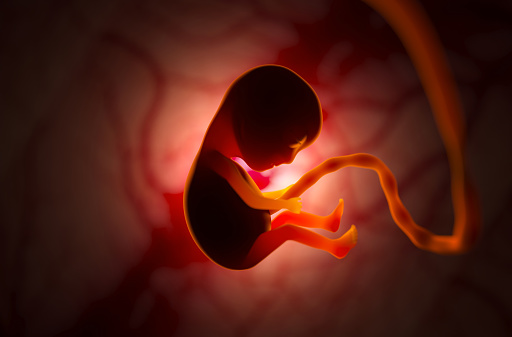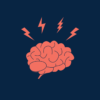New research in Nature Human Behavior has found that newborns start learning about language within hours of birth.
Researchers at Bangor University explained in their findings that although infants are known to be exposed to speech when in the womb, the details of it are muffled similar to being underwater.
The study used functional near-infrared spectroscopy when examining how newborns discriminate phonemes within the first hours of life.
“Using functional near-infrared spectroscopy, we examined the neuroplastic changes caused by 5 h of postnatal exposure to random sequences of natural and reversed (backward) vowels (T1), and again 2 h later (T2),” the study’s authors explained.
“Compared with controls, infants in the experimental group showed shorter haemodynamic response latencies for forward vs backward vowels at T1, maximally over the inferior frontal region. At T2, neural activity differentially increased, maximally over superior temporal regions and the left inferior parietal region.”
All in all, the findings concluded that neonates can discriminate some phonemes within the first hours of life via utero auditory learning. It remains unknown if newborns can distinguish between vowels.


